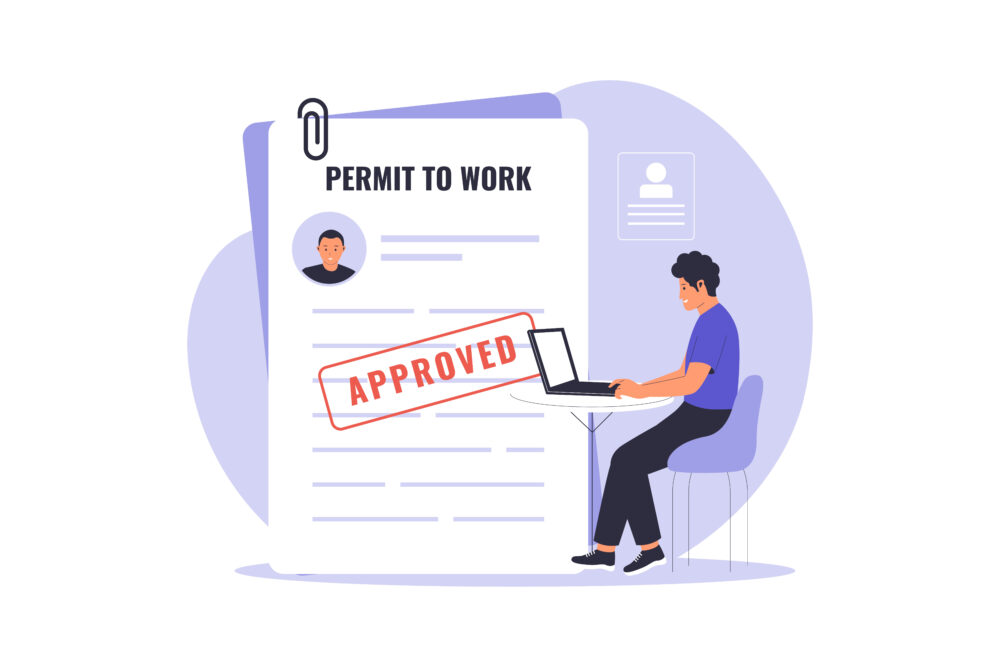In an increasingly competitive business environment, maintaining and developing a high-quality workforce remains a key objective for every company. However, some companies choose not to implement annual salary increases for their employees, despite the expectations and aspirations of their workforce. How does this decision impact the business, and what legal considerations should be taken into account?
1. Legal Basis for Salary Adjustments
Pursuant to Point b Clause 1 Article 5 of the Labor Code 2019, employees have the right to receive a salary commensurate with his/her occupational skills on the basis of an agreement with the employer.
Pursuant to Clause 1 Article 95 of the Labor Code 2019, salary paid to employees (“Employees”) shall be based on the basis of the agreed salary, productivity and work quality.
Pursuant to Clause 6, Article 3 of Circular No. 10/2020/TT-BLĐTBXH guiding Article 21 of the 2019 Labor Code, the regime for pay step, pay raise is one of the essential contents of a labor contract and shall be implemented “as agreed by the contracting parties concerning conditions, time, pay rate after advancement in pay step, pay raise, or as regulated in the collective bargaining agreement, or as stipulated by the employer”.
Additionally, employers (“Employers”) are responsible for:
- Establishing worn pay scale, payroll and labor productivity norms as the basis for recruitment and use of labor, negotiation and payment of salaries(1).
- Consulting with the representative organization of employees (if any) during establishment of the pay scale, payroll and labor productivity norms and publicly posting at the workplace before implementation(2).
Thus, the law does not specify a mandatory timeline for salary increases for Employees. In other words, Employers are not obligated to implement annual salary increases, as this matter is governed by the internal regulations of each company.
Accordingly, Employers must review the pay scale, payroll, and the regime for pay step, pay raise stipulated in the signed labor contracts, collective labor agreements, or the Employer’s internal regulations.
Furthermore, the base salary for a job or position paid to Employees must not be lower than the statutory minimum wages(3). When the statutory minimum wage increases, Employees receiving salary based on the statutory minimum wages must also have their salaries adjusted accordingly.
2. Potential Legal Risks of Not Implementing Salary Increases
Although the failure to implement annual salary increases is not a violation of the law, in practice, if this policy is sustained over time, it can lead to serious consequences for the business. These may include:
2.1 Violation of Minimum Wage Requirements
According to Clause 3, Article 17 of Decree No. 12/2022/ND-CP, the fines imposed on Employers for paying salaries below the legally mandated minimum wage are as follows:
- From VND 20 million to VND 30 million for violations involving 1 to 10 employees;
- From VND 30 million to VND 50 million for violations involving 11 to 50 employees;
- From VND 50 million to VND 75 million for violations involving 51 or more employees.
Note: The fines for paying salaries below the minimum wage, as outlined above, apply to individuals. For organizations that commit the same violation, the fine is double the amount imposed on individuals(4).
2.2 Labor Disputes
The failure to implement salary increases may lead to dissatisfaction among Employees, especially if they feel their rights have been violated due to the Employer’s breach of agreements in the labor contracts or internal regulations. This can result in complaints, lawsuits, or strikes, which could disrupt the operations of the company.
2.3 Impact on Business Development
The failure to adjust salaries may lead Employees to feel unfairly treated, especially as living costs and average wages in the market tend to rise. This may cause a decline in work motivation, lower productivity, and the risk of losing skilled talent to competitors.
Additionally, the decision not to increase wages may expose the Employer to negative public perception or criticism in the labor market, which could affect the company’s reputation and its ability to recruit and retain qualified Employees.
3. Solutions to Address the Issue
To avoid legal consequences and maintain its reputation, Employers can implement the following measures:
3.1 Develop a Transparent Wage Policy: Clearly define in labor contracts or internal regulations the policy for periodic salary adjustments, linking it to work performance and business conditions.
3.2 Comply with Minimum Wage Requirements: Employers must ensure that the salaries paid to Employees are not lower than the annual adjusted statutory minimum wages.
3.3 Engage in Dialogue with Employees: Maintain an open communication channel with Employees to explain the reasons for not implementing a salary increase (if applicable) and propose alternative support measures, such as performance bonuses or non-financial benefits.
The decision not to implement annual salary increases may be a short-term cost-saving strategy for companies, but it carries significant legal and reputational risks. To ensure sustainable operations, Employers must have a clear understanding of legal regulations, particularly their obligations toward Employees, and implement fair and reasonable compensation policies.
(1) Clause 1 Article 93 Labor Code 2019
(2) Clause 3 Article 93 Labor Code 2019
(3) Clause 2 Article 90 Labor Code 2019
(4) Clause 1 Article 6 Decree 12/2022/ND-CP
See more:
1/ Do employees working part-time shifts need to participate in social insurance?
2/ Notable issues when recruiting foreign elderly workers
3/ Salary regime during the probation period
Disclaimers:
This article is for general information purposes only and is not intended to provide any legal advice for any particular case. The legal provisions referenced in the content are in effect at the time of publication but may have expired at the time you read the content. We therefore advise that you always consult a professional consultant before applying any content.
For issues related to the content or intellectual property rights of the article, please email cs@apolatlegal.vn.
Apolat Legal is a law firm in Vietnam with experience and capacity to provide consulting services related to Employment and contact our team of lawyers in Vietnam via email info@apolatlegal.com.





































